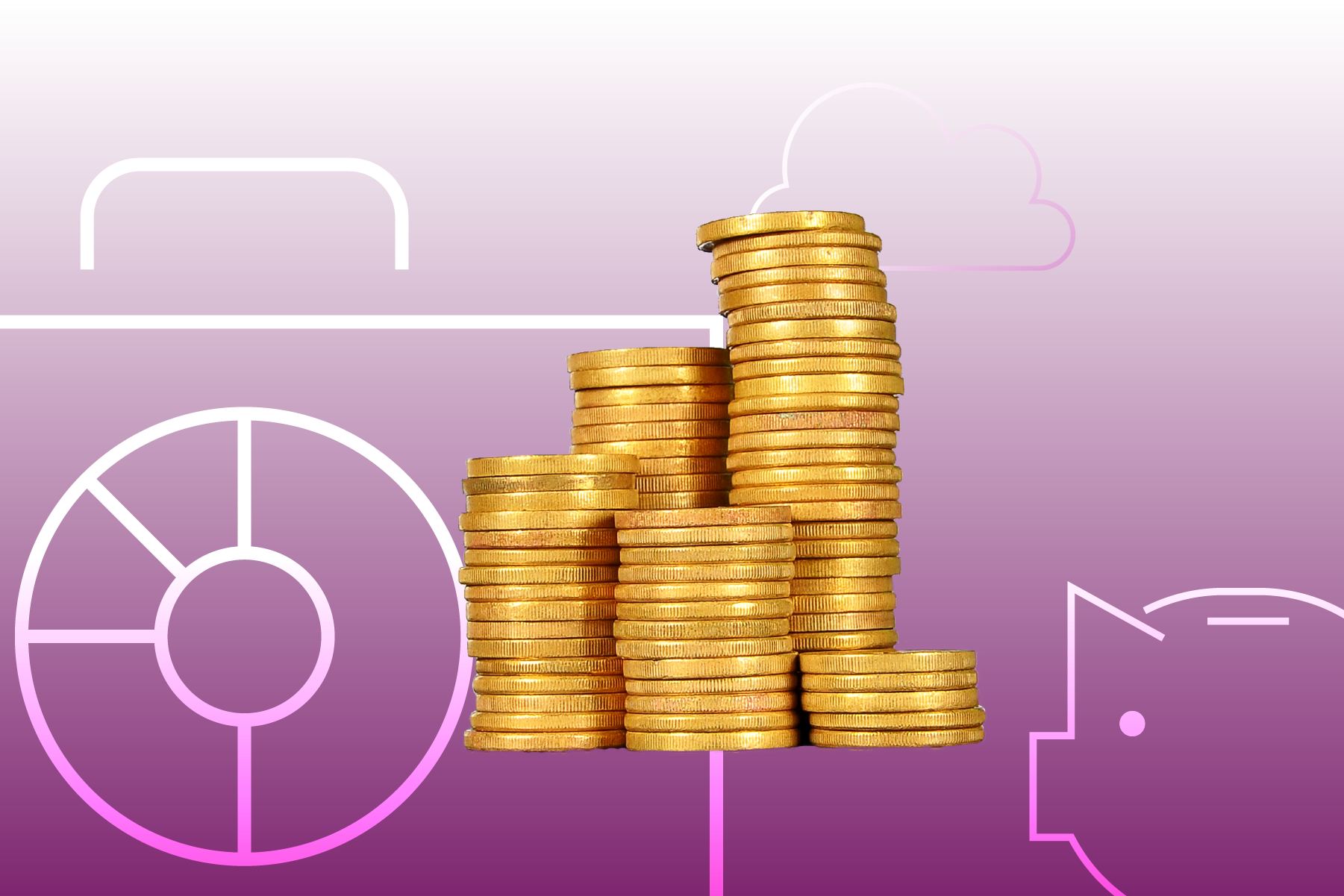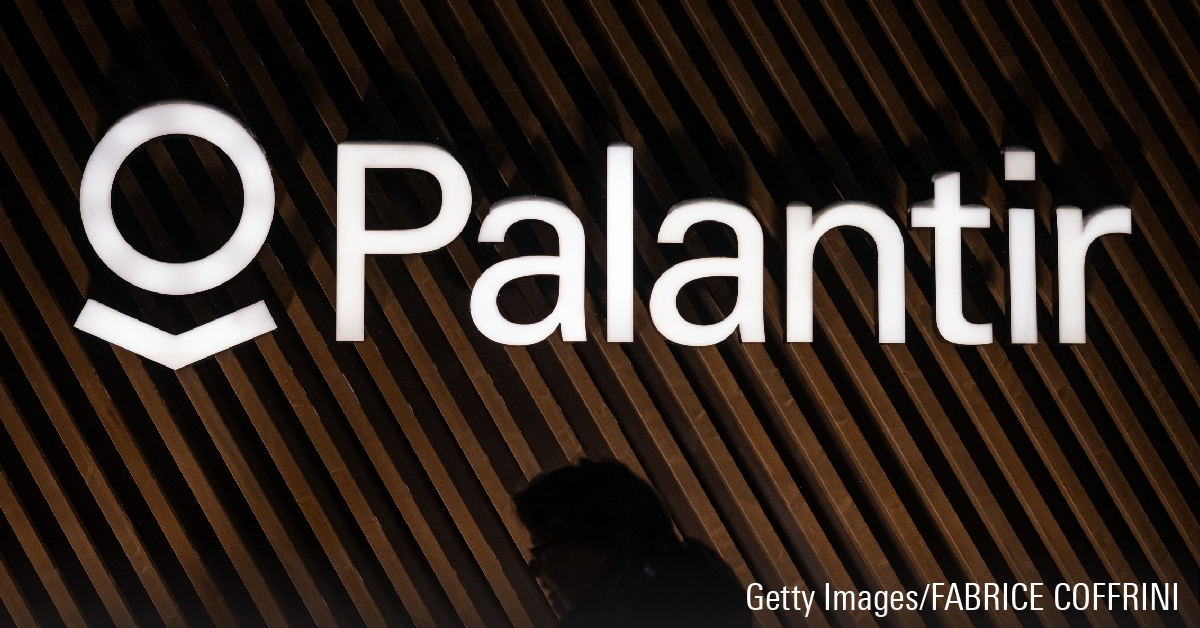Peter Moeschter, executive vice-president, Templeton Global Equity Group, at Franklin Templeton Investments Corp., says the global equity market is being hampered by investors' concerns about the sustainability of both global economic growth and corporate earnings.
"The developed-country equity market has produced modestly negative total returns for approximately two years," says Moeschter. Besides the ongoing concerns among investors as to the direction of global economic growth, valuations in some key developed-country markets, such as the United States, have remained fairly high, he says. "This has also weighed on the overall performance of these markets."
The MSCI World Index, which covers 23 developed countries, produced a negative total return of 0.2% in U.S.-dollar terms for the first three months of 2016 and a negative total return of 2.9% for the 12 months to the end of March 2016.
The heavily weighted U.S. equity market (59.2% of MSCI World) did generate a positive total return of 1% in the first three months of 2016 and 0.9% for the 12 months to the end of March 2016. But this positive performance was insufficient to boost the overall returns from the index over those two periods, says Moeschter. For calendar 2015, the MSCI World Index's total return was minus 0.3%.
Of the global macroeconomic picture, Moeschter says that Europe is struggling to boost its economy. "There are some signs of improvement, but it is slow." In Asia, Japan's growth is miniscule and China's economy, which has a significant impact on both the region and the world, is slowing, he says. The U.S. economy is reasonably strong as are corporate earnings, says Moeschter. "Here the concern is whether these are sustainable, given the economic challenges in the rest of the world."
Against this backdrop, stock picking becomes even more crucial, says Moeschter. A traditional value manager, Templeton continues to find solid opportunities at the company level in Europe and remains overweight in Europe in its global portfolios, he says. "European stocks tend to be cheaper than those of companies based in the United States." Moeschter notes that using MSCI developed-country statistics, the United States is trading at a price/earnings ratio of 19.3 times versus 16.6 for Europe.
Europe is facing many significant political and economic challenges, says Moeschter. "Will, for example, the United Kingdom stay in the European Union?" Templeton, he says, is working on the assumption that the UK will opt for the status quo. "The corporations that we speak to are certainly hoping for this, given the importance to them of the favourable trade agreements."
On the financial front, next up for concern is financially strapped Greece, an ongoing problem for the Eurozone, says Moeschter. At the same time, Europe is also coping with absorbing huge waves of migrants, he notes. Another problem for Europe is the series of major terrorist attacks including the most recent ones in Paris and Brussels.
 |
|
 |
|
| Peter Moeschter | |
 |
|
 |
|
 |
In all, he says, Europe's many issues could deter the investor from buying some sound European companies that have sustainable earnings growth prospects over the longer haul and that offer good value. "We look out three to five years to determine what a target company is worth and seek to buy it at a discount to that." This has been the firm's discipline, he says, "since Sir John Templeton launched the first Templeton mutual fund in 1954."
At Templeton, Moeschter, who has been with the firm for almost 20 years, is responsible for both the global and EAFE (Europe, Australasia and Far East) portfolios for institutional and retail clients.
Moeschter's global portfolios hold roughly 100 names. Europe, an overweight position, constitutes "slightly more" than 40% of the portfolio with a focus on companies based in the UK, France and Germany. By contrast, the portfolios are underweight in the United States, with a weighting of almost 40%.
Across the Pacific, the fund is slightly overweight in Asia, says Moeschter, with Japan its biggest country weight. "Some Asian markets had sold off and some have been flat, thus providing an opportunity." Moeschter's portfolios do hold emerging market stocks -- including some based in China. "The Chinese market had been expensive, but over the last nine months or so, a lot of money came out of that market and this provided an opportunity."
The largest sector overweight in the global portfolios relative to its weighting in the MSCI World Index is energy, says Moeschter. "Energy represents 6.4% of the index and we are double that," he says. "We consider that both the energy stocks and the commodities, particularly oil, have been oversold." The largest energy holdings include ![]() Halliburton Co. (HAL) and
Halliburton Co. (HAL) and ![]() Apache Corporation (APA).
Apache Corporation (APA).
The two biggest absolute sector weights in Moeschter's global portfolios are health care and financials. These are both "modest overweight positions relative to the benchmark, which has health care at a 12.7% weighting and financials at 19.6%."
Moeschter reports that the health-care sector had been a substantial overweight in the global portfolios for some time and had performed well. "We took profits and reduced our weights in this sector and put the money into energy stocks."
The portfolios' financial-services holdings are predominantly in the United States and Europe, rather than Asia, says Moeschter. U.S. holdings include ![]() Citigroup Inc. (C) and
Citigroup Inc. (C) and ![]() JPMorgan Chase & Co (JPM). Holdings based in Europe include
JPMorgan Chase & Co (JPM). Holdings based in Europe include ![]() HSBC Holdings PLC, (which has an American Depository Receipt (ADR) on the New York Stock Exchange under the ticker HSBC) and French multinational insurer, AXA SA. "The financial intermediaries will benefit when interest rates start to rise in earnest," he says.
HSBC Holdings PLC, (which has an American Depository Receipt (ADR) on the New York Stock Exchange under the ticker HSBC) and French multinational insurer, AXA SA. "The financial intermediaries will benefit when interest rates start to rise in earnest," he says.
In the industrial sector, Moeschter is highlighting U.S.-based Stanley Black & Decker Inc. (SWK), which has a "sustainable earnings growth profile." This manufacturer of hand tools, power tools and related accessories has raised its dividend for almost 50 years, he says. Stanley Black & Decker "stumbled with its European security installation and monitoring business, which is when we bought the stock." But the company has "worked on fixing that business."
A U.S. retailer that Moeschter invested in after it came under selling pressure because of concerns about the sustainability of its earnings is ![]() Macy's Inc. (M). "The market has assumed lower earnings growth from Macy's going forward; we think that the company will benefit from strong U.S. consumer spending," he says. "The stock was oversold and is cheap," he says. "It also has a good dividend yield."
Macy's Inc. (M). "The market has assumed lower earnings growth from Macy's going forward; we think that the company will benefit from strong U.S. consumer spending," he says. "The stock was oversold and is cheap," he says. "It also has a good dividend yield."
In the materials sector, a European mid-cap specialty chemicals producer that Moeschter considers offers good value is Lanxess AG, which is based in Germany. The company is one of the largest global suppliers of synthetic rubber, which is used to make tires, says Moeschter. "The synthetic-rubber business is a tough business to manage. One challenge is the volatility in the price of the necessary oil and oil by-products."
Last fall, Lanxess sold 50% of its synthetic-rubber business to the state oil company Saudi Aramco. "This has resulted in an important strategic partnership for Lanxess, giving it better access to those petrochemicals that it needs for its synthetic-rubber business," he says. "Laxness is using the proceeds of this sale to pay down debt and buy back shares."
Having successfully ridden the upturn in the auto cycle, Moeschter has substantially reduced the global portfolios' holdings in two Japanese automakers. They are Mazda Motor Corp. and ![]() Toyota Motor Corp. (TM), which has an ADR and trades in New York. "Both companies have produced strong sales volumes and earnings," he says. "The question is: Is this sustainable?"
Toyota Motor Corp. (TM), which has an ADR and trades in New York. "Both companies have produced strong sales volumes and earnings," he says. "The question is: Is this sustainable?"
| Macy's Inc. | Stanley Black & Decker Inc. |
Toyota Motor Corp. |
|
 |
|||
| April 11 close | $39.82 | $106.10 | $98.43 |
 |
|||
| 52-week high/low | $73.61-$34.05 | $111.18-$88.72 | $142.84-$97.80 |
 |
|||
| Market cap | $12.3 billion | $16.3 billion | $155.8 billion |
 |
|||
| Total % return 1Y* | -40.3 | 12.2 | -28.4 |
 |
|||
| Total % return 3Y* | -0.6 | 12.1 | -2.1 |
 |
|||
| Total % return 5Y* | 12.4 | 9.1 | 7.5 |
 |
|||
 |
|||
| *As of April 11, 2016. All figures in U.S. dollars Source: Morningstar |
|||

















